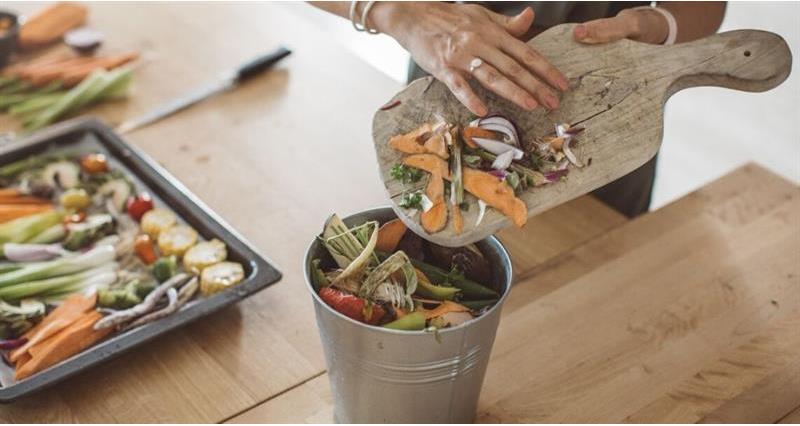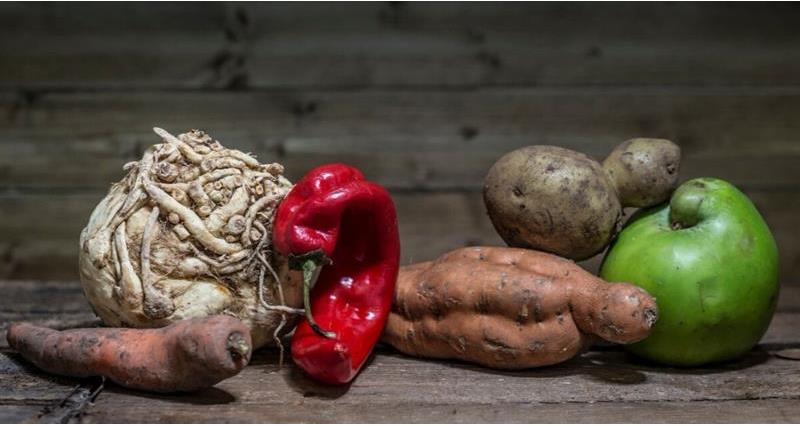Although household and hospitality food waste is a problem, there's a degree of wastage throughout the chain from farms through distribution, shops, supermarkets and us – the consumer.
Food waste is a huge issue. It requires an area almost the size of Wales to produce all the food and drink currently wasted in the UK. Latest statistics from WRAP (the Waste and Resources Action Programme) in early 2022 show UK households waste on average the equivalent of eight meals a week.
According to WRAP, this is equal to nearly 25 million tonnes of CO2 emissions, equivalent to 5.4% of the UK’s territorial emissions.
The UK’s Food Waste Reduction Roadmap, published by WRAP and IGD, shows that organisations are adopting the Target-Measure-Act approach to food waste prevention, with more than 210 organisations committing to the Roadmap, including Burger King UK, McDonald’s UK and Pret A Manger.
There are many practical things we can all do to play our part in reducing food waste. Watch Emma's top five 'waste not, want not' tips:
Latest statistics from WRAP show that there are financial benefits to reducing food waste, as well as environmental benefits. UK households still waste 6.6 million tonnes of food that could have been eaten, worth £14 billion every year - or £700 for an average family with children.
WRAP's Love Food Hate Waste campaign is helping to raise public awareness of food waste. During #FoodWasteActionWeek 2022, check out their website for some handy tips.

The rise of wonky veg
The increasing interest in reducing food waste has led to a consumer drive to buy fruit and vegetables which might otherwise go to waste (wonky veg). Wonky might not be the normal shape, they might be smaller than usual, or they might simply have an unusual crack in the skin, but they all taste the same, and us shoppers love them.
Initiatives retailers use to reduce food waste:
Lidl - introduced ‘Too Good to Waste’ fruit and vegetable boxes, containing items that are no longer considered at their perfect best, but are still perfectly good to eat.
Aldi - Everyday Essentials range includes wonky veg sold at a cheaper price than Aldi’s other core range fruit and vegetable products.
Morrisons - committed to buying whole crops from farmers across the UK and introduced its Wonky range, including wonky selection boxes.
Tesco - 'Perfectly Imperfect’ range offers the opportunity to buy fruit and veg that was previously outside of its specifications. They are also set to remove ‘best before’ dates on some fruit and veg to further help reduce perfectly edible food being thrown away.
Asda - The supermarket has a Wonky Veg range.
